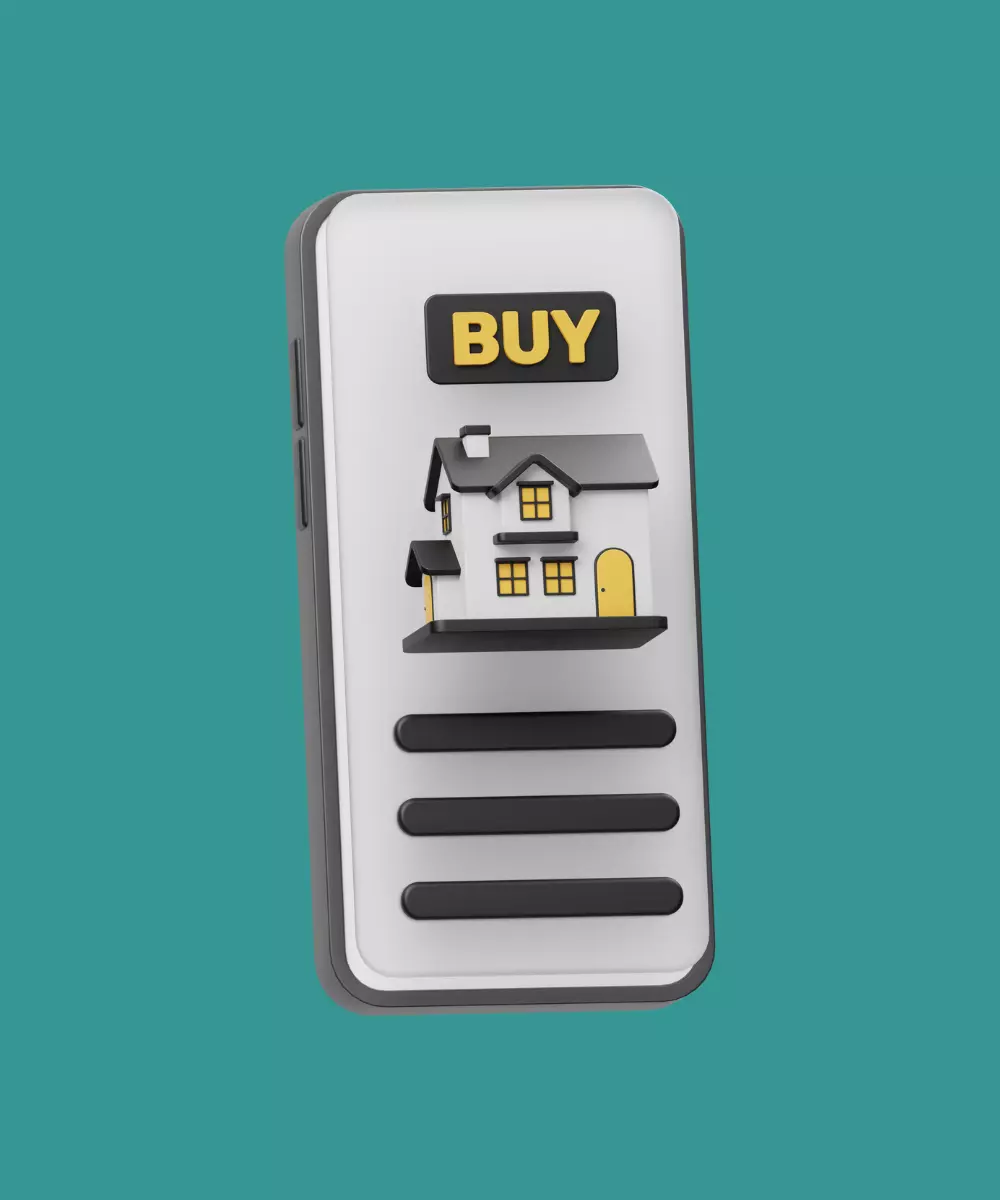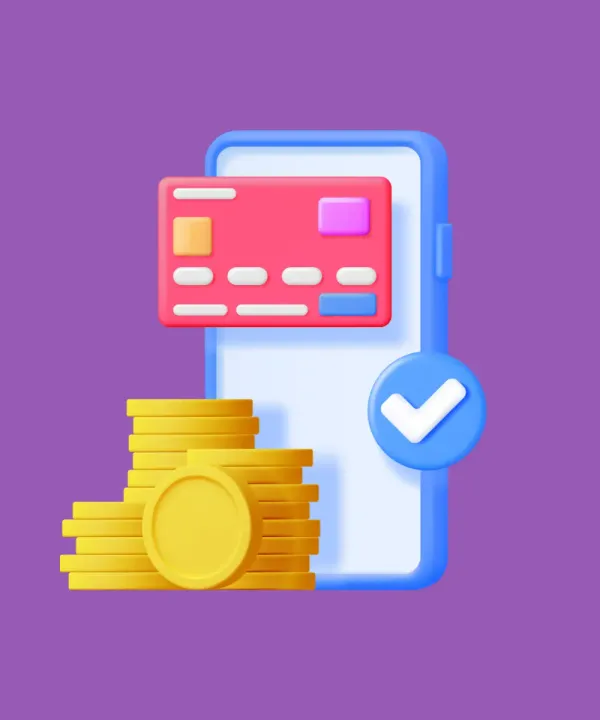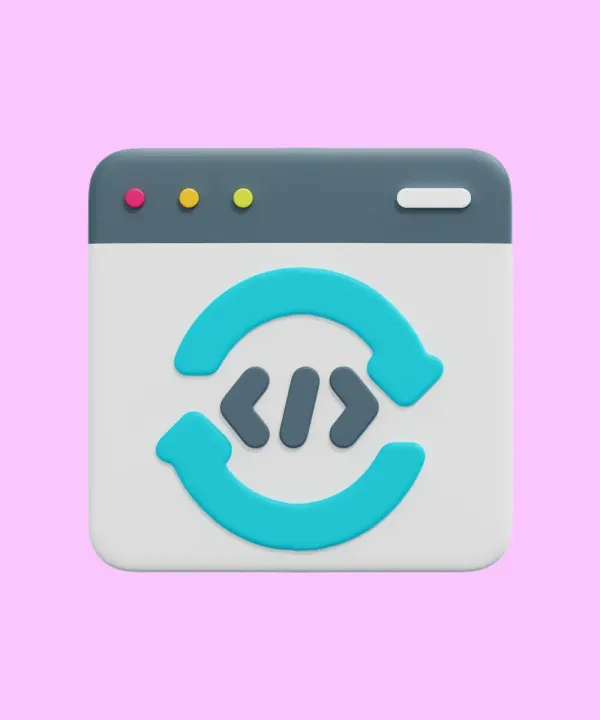The real estate industry has evolved exponentially over the years. Today, mobile apps have become the nucleus of property transactions. They not only simplify the house-hunting process but also offer a streamlined method for realtors and clients to connect. In essence, in this digital age, a robust real estate app is an indispensable tool.
Real Estate Apps Market Overview in 2024
The real estate app sector in 2024 has witnessed noticeable growth, both in terms of numbers and user engagement.
There are now over 2,500 real estate apps across various platforms, a testament to the increasing reliance on digital tools for property transactions. A recent study highlights that roughly 70% of all real estate inquiries now come via mobile apps. Regionally, North America and Western Europe lead in app usage, but the Asia-Pacific region showcases a swift 20% YoY growth in adoption.
From a revenue angle, these apps have collectively generated upwards of $5 billion in 2023, marking an 18% increase from the previous year. User feedback underscores the value of seamless experience, accurate listings, and virtual tour integrations.
Types of Real Estate Apps
As the digital landscape of the real estate industry expands, the variety and functionalities of real estate apps have evolved to cater to diverse user needs. Whether someone is a first-time homebuyer, an investor, or simply curious about market trends, there's likely an app tailored to their requirements. Here's an overview of the primary categories:
Listing and searching apps
These are the most common types of apps and are widely recognized by general audiences. They provide property listings for buying, selling, or renting. Features typically include advanced search filters, user reviews, property images, and contact details of sellers or agents. They're primarily used by individuals looking to buy a new home or rent a property.
Examples:
- Zillow: An immensely popular platform, Zillow provides comprehensive property listings along with price estimates and historical data.
- Realtor.com: Boasting millions of listings, Realtor.com is another giant in the sector, offering users detailed information on properties, neighborhoods, and market trends.
Real estate investment apps
While not everyone may be buying a home, many are looking to invest in real estate. These apps cater to investors, offering insights into property values, return on investment predictions, and potential rental income estimations. They're crucial for those who view real estate primarily as an investment opportunity rather than a residential pursuit.
Examples:
- Fundrise: Catering to budding real estate investors, Fundrise offers a platform to invest in high-quality real estate projects with relatively low capital.
- BiggerPockets: Beyond just an app, it's a community for real estate investors to network, learn, and find investment opportunities.
Virtual tour and AR apps
The pandemic accelerated the need for remote property viewings, and these apps have risen in popularity ever since. Using Augmented Reality (AR) technology, users can take virtual tours of properties from the comfort of their homes. Some advanced versions even allow users to virtually place furniture or change wall colors to visualize a potential living space.
Examples:
- Matterport: A leading name in virtual tours, Matterport offers immersive 3D property walkthroughs that feel almost like being there in person.
- Magicplan: Leveraging AR, this app allows users to create comprehensive floor plans using just a smartphone or tablet.
Property management apps
Targeted at property owners, especially those who own multiple properties or rental units, these apps streamline tasks like tracking rental payments, scheduling maintenance, and communicating with tenants. They're invaluable for landlords who want to manage their properties efficiently without the need for intermediary agents.
Examples:
- Buildium: Aimed at residential property managers, Buildium streamlines operations, from leasing to maintenance requests.
- AppFolio: A comprehensive solution that covers various aspects of property management, including online rent collection, vacancy tracking, and maintenance requests.
Mortgage and financing apps
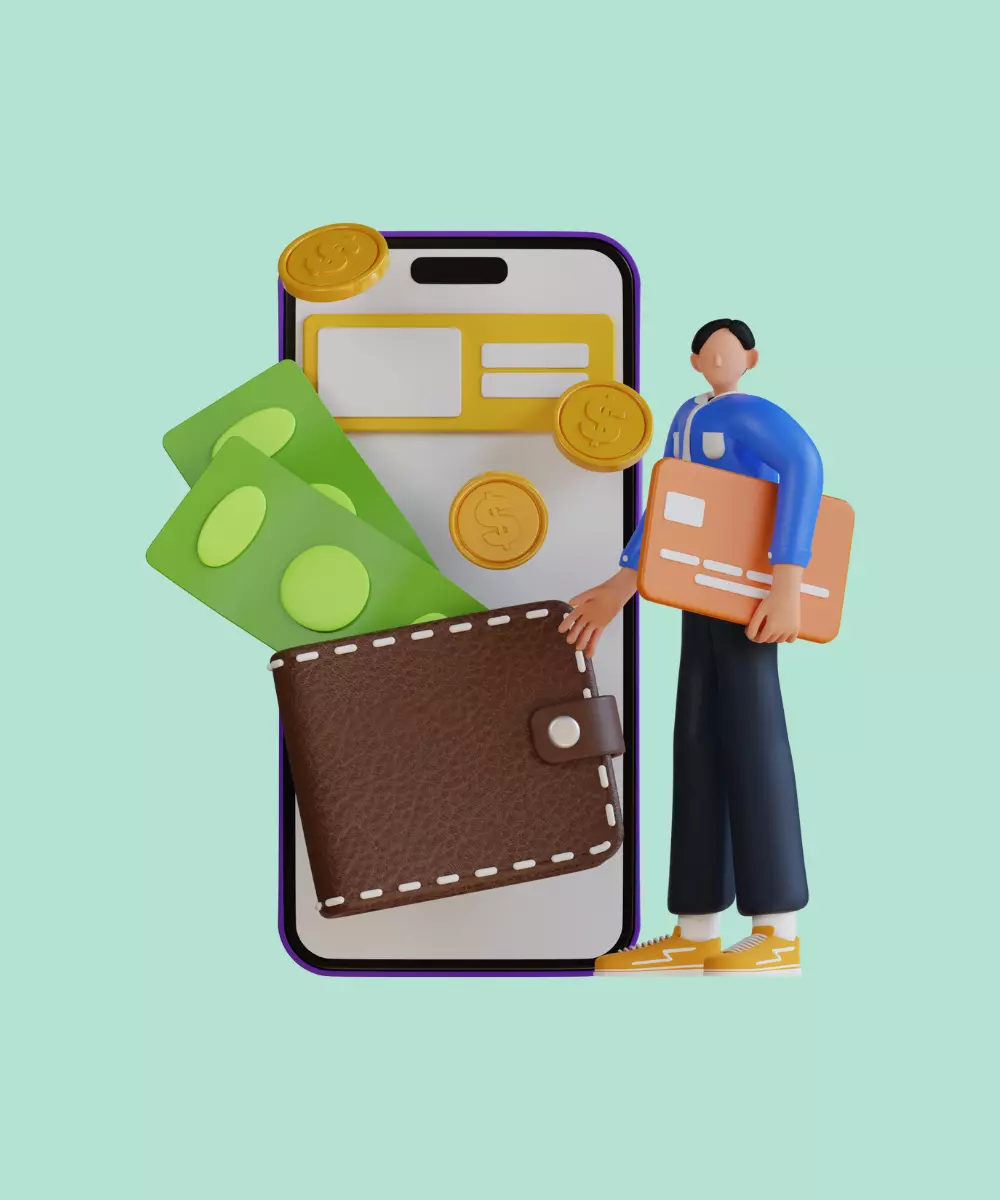
Purchasing a property usually involves intricate financial planning. Mortgage apps simplify this by offering loan calculators, interest rate comparisons, and even pre-approval processes. They're beneficial for users who need to understand their financing options and get a clear picture of their purchasing power.
Examples:
- Rocket Mortgage: A digital initiative by Quicken Loans, Rocket Mortgage streamlines the mortgage application process, providing instant online decisions.
- Better.com: A digital-first mortgage lender, Better.com simplifies home financing without any commission, making the process transparent and user-friendly.
The variety of real estate apps in the current digital age reflects the diverse needs of users. As technology advances, it's likely we'll see even more specialized apps catering to niche segments of the real estate market, further simplifying and enhancing the property buying, selling, and managing experience.
Key Features to Include in a Real Estate App
In the bustling digital real estate market, having a cutting-edge app is essential. However, the myriad of features an app could potentially have can be overwhelming. Here, we break down the most vital features to consider when developing a real estate app:
| Feature Name | Description |
|---|---|
| User-Friendly Interface | Navigation should be intuitive, with clear headings, easy-to-use filters, and responsive design ensuring seamless usage across devices. |
| Advanced Search Filters | Users should be able to fine-tune their property search based on a variety of criteria: price range, property type, number of bedrooms, and more. |
| High-Quality Images and Videos | High-resolution images and videos give users a closer look at properties. |
| Virtual Tours | Virtual tours provide a 360-degree view of properties, allowing users to 'walkthrough' properties from their homes. |
| Detailed Property Descriptions | Detailed descriptions give users a clear understanding of what's on offer. |
| Interactive Maps | Allows users to explore the property's neighborhood and check its proximity to essential services. |
| Customer Reviews and Ratings | Peer reviews offer insights from those who've been there, boosting the credibility of listings. |
| Direct Messaging | A built-in chat system allows users to communicate directly with property agents or owners. |
| Mortgage Calculator | Provides a quick estimate of potential monthly payments. |
| Save and Wishlist | Users can save properties they're interested in for easier comparison later. |
| Push Notifications | Alert users about new listings, price drops, or other significant updates. |
| Security Measures | Robust security features, including encryption and secure payment gateways, are crucial. |
Incorporating these features into a real estate app can significantly enhance the user experience. While it's essential to have a robust foundation, continuous updates based on user feedback and technological advancements will ensure the app remains relevant and top-rated in the market.
Trends Shaping the Real Estate App Development in 2024
Real estate app development is evolving rapidly, influenced by technological advancements and changing consumer demands. In 2024, several significant trends are shaping how these apps are being designed, developed, and utilized. Here's a closer look at these game-changing trends:
Integration of artificial intelligence

- Price prediction: With machine learning algorithms, real estate apps are now able to predict property prices with higher accuracy, factoring in a myriad of variables like neighborhood development, historical price trends, and market demand.
- Personalized property recommendations: AI-driven algorithms analyze user behavior and preferences to suggest properties that align closely with individual tastes and requirements. This personal touch ensures users feel understood and valued.
Augmented reality (AR) and virtual reality (VR) home tours
- Immersive property viewings: Users no longer need to physically visit a property to get a feel for it. Through VR, potential buyers or tenants can take a virtual tour, offering an immersive experience from the comfort of their homes.
- Augmented information layers: AR allows users to get instant information about certain features of a property by simply pointing their device. For instance, pointing to a built-in appliance might reveal its brand, age, and other specs.
IoT and smart home features

- Smart home integrations: Many modern homes are equipped with smart devices, from thermostats to security cameras. Real estate apps now often offer integrations with these devices, allowing potential buyers to test features remotely or get data insights.
- Enhanced property management: For property management apps, IoT allows real-time monitoring and control of various property aspects, from energy consumption to security.
Blockchain and smart contracts in property transactions

- Transparent transactions: Blockchain offers a transparent, immutable ledger of transactions. This is transforming how property histories, from ownership to renovation, are tracked and verified.
- Streamlined processes: Smart contracts automate many aspects of the property transaction process. From escrow to title transfers, these digital contracts ensure speedier, error-free transactions.
The real estate app landscape in 2024 is all about offering users more power, flexibility, and information. From AI-driven personalization to blockchain's promise of transparency, these trends are reshaping how consumers find, buy, rent, or sell properties. Developers and real estate professionals should keep a keen eye on these evolutions to stay ahead of the curve and offer unparalleled user experiences.
Challenges in Real Estate App Development
Real estate app development has its hurdles. Developers face challenges in ensuring their apps deliver while standing out in a crowded marketplace. Here's a concise breakdown:
Data accuracy and integrity
- Dynamic data: Ensuring real-time accuracy in ever-changing real estate listings and prices is crucial to avoid misleading users.
- Reliable sources: The risk of inconsistencies arises when integrating multiple data sources. Only trusted feeds should be considered.
User experience (UX) design
- Balancing act: Offering advanced features without compromising a simple and intuitive interface is a challenge.
- Consistency across devices: A uniform and adaptive design is essential as users access apps on various devices.
Security concerns
- Potential breaches: Real estate apps handle sensitive information, making them targets for hackers. Robust security measures are non-negotiable.
- Regulatory compliance: Developers must adhere to regional data privacy regulations to protect users' rights.
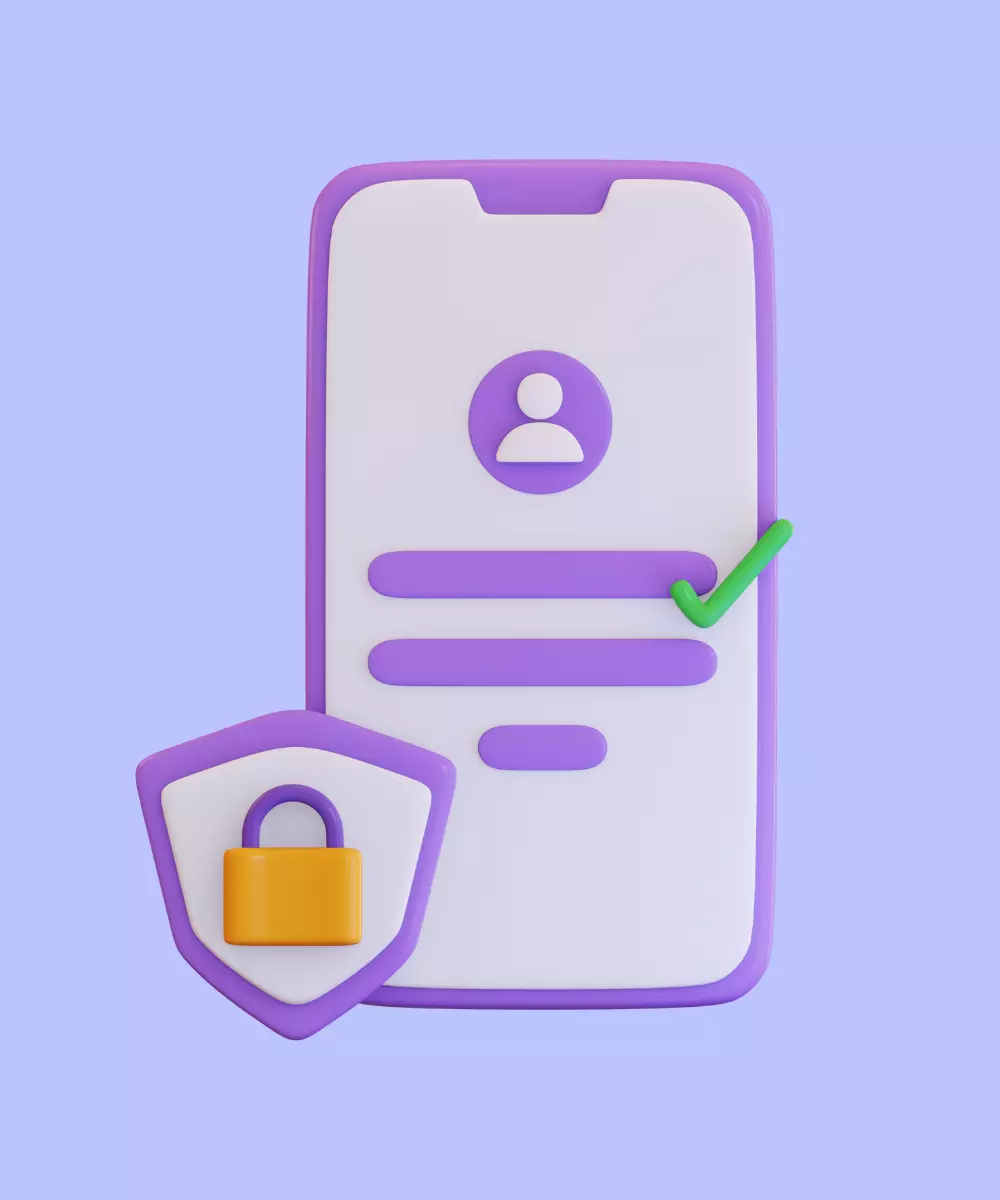
Integration challenges
- Diverse systems: Seamless integration across various CRMs, bank APIs, and smart home interfaces is daunting.
- Maintenance: Keeping the app functional amidst third-party system updates requires ongoing attention.
Market differentiation
- Standing out: With many real estate apps available, having unique features or targeting niche markets can be the differentiating factor.
- User retention: Keeping users engaged and loyal amidst numerous alternatives is a constant challenge.
To overcome these challenges, developers need a combination of strategic foresight, technical expertise, and a focus on user-centric design. Addressing these hurdles head-on can pave the way for a successful real estate app.
Cost to Develop a Real Estate App
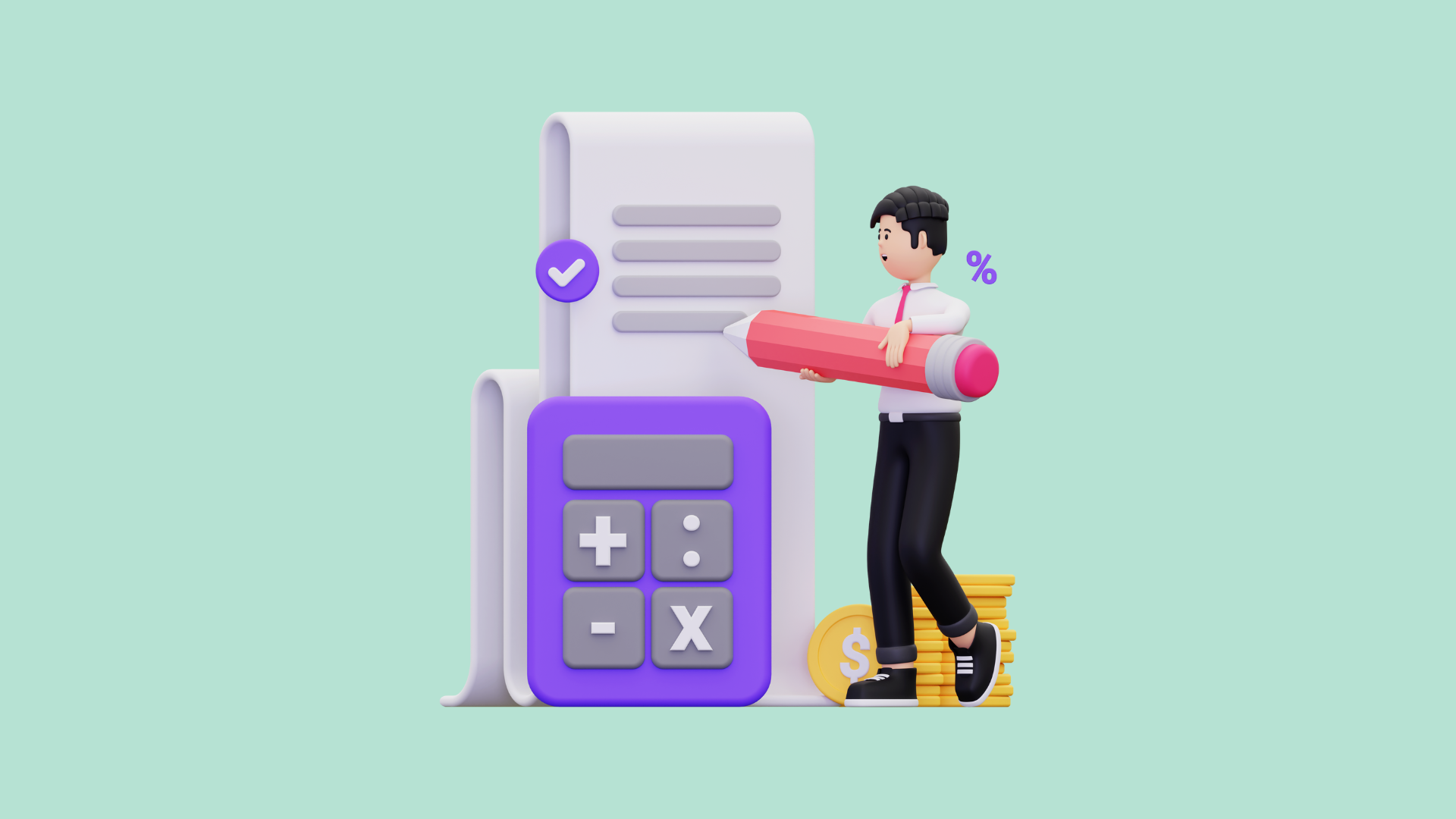
Developing a real estate app is an investment. Various factors, ranging from design complexity to backend development and third-party integrations, contribute to the final cost. Here's an approximate breakdown based on three levels of complexity:
Basic real estate app
- Features: Limited to essential functionalities like basic search filters, property listings, user registration, and contact forms.
- Design: Utilizes standard UI/UX templates without much customization.
- Development Time: 2-4 months.
- Approximate Cost: $10,000 - $25,000.
Medium complexity real estate app
- Features: Advanced search filters, user profiles, favorites/wishlist, in-app messaging, and perhaps a few integrations such as maps or basic VR home tours.
- Design: Customized design with enhanced user experience considerations.
- Development Time: 4-8 months.
- Approximate Cost: $25,000 - $70,000.
High complexity real estate app
- Features: All features of medium complexity apps, plus AI-driven recommendations, AR/VR home tours, IoT integrations, blockchain-based transactions, and more.
- Design: Premium UI/UX design with unique branding, animations, and advanced user experience elements.
- Backend: Robust backend systems to support heavy traffic, with advanced security measures and scalability considerations.
- Development Time: 8-15 months.
- Approximate Cost: $70,000 - $200,000+.
It's essential to understand that these figures are approximate and can vary based on specific requirements, choices, and unforeseen challenges. However, they offer a ballpark idea to businesses or individuals looking to dive into the real estate app market. Investing wisely in a real estate app by choosing the right features and team can yield significant returns in this digital age.
Monetization Strategies for Real Estate Apps
Real estate apps offer a range of monetization opportunities for developers and businesses looking to capitalize on the digital property market. Here's an in-depth exploration of effective monetization strategies:
Premium listings
- Description: Charge property owners or agents to feature their listings prominently within the app for increased visibility.
- Benefits: Generates revenue by offering enhanced listing visibility in competitive markets.
Subscription models
- Description: Offer premium subscriptions with exclusive features like advanced filters and ad-free browsing.
- Benefits: Provides recurring revenue and enhances user loyalty through exclusive perks.
In-app advertising
- Description: Display ads from real estate-related businesses within the app.
- Benefits: Generates revenue without user payments, relying on a growing user base.
Commission on property transactions
- Description: Earn a percentage from successful property sales or rentals facilitated through the app.
- Benefits: Aligns app success with transactions, requiring substantial volume for significant earnings.
Partnerships with financial institutions
- Description: Collaborate with banks or mortgage brokers, earning referral fees for integrated financial services.
- Benefits: Diversifies revenue streams and adds value with financial convenience for users.
Effective monetization in real estate apps involves selecting strategies that align with user needs and market dynamics. Often, a combination of these strategies is the key to a successful revenue model. Adapting to evolving user preferences and industry trends is crucial to sustaining and growing income in the competitive real estate app market.
Conclusion
The future of real estate app development in 2024 is teeming with possibilities. As a leading Flutter app development agency, we're at the forefront of this digital transformation.
With AI, AR, VR, and other cutting-edge technologies, we're reshaping the real estate landscape. Challenges are opportunities in disguise, and we're committed to overcoming them.
To embark on your real estate app journey and harness the potential of this dynamic industry, partner with us today. Let's transform your vision into a successful reality. Connect with our team to get started and lead the way in real estate innovation. Your future begins here.

